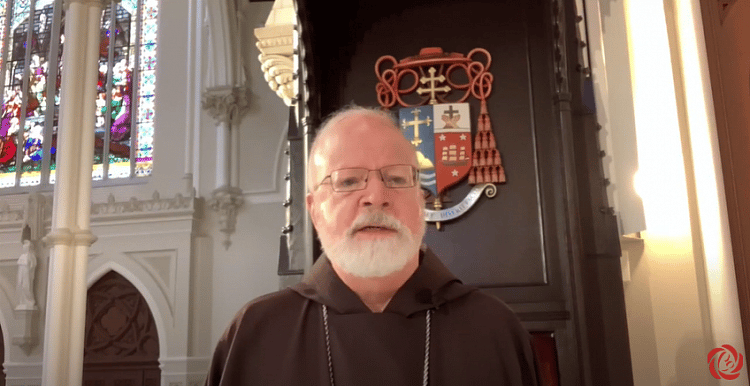Cardinal Sean O’Malley Issues Statement Opposing ROE Act Abortion Expansion Bill

The U.S. Senate may confirm Amy Coney Barrett to the U.S. Supreme Court at some point this fall, and some Massachusetts politicians are pointing to it as a reason to expand abortion access in the state.
Democratic politicians like U.S. Senator Ed Markey, U.S. Representative Ayanna Pressley, and Boston mayor Marty Walsh, and left-wing groups like Planned Parenthood, the American Civil Liberties Union, and SEIU Local 509, are among the many who have said that Massachusetts should pass the ROE Act bill in response to President Donald Trump's Supreme Court nomination.

